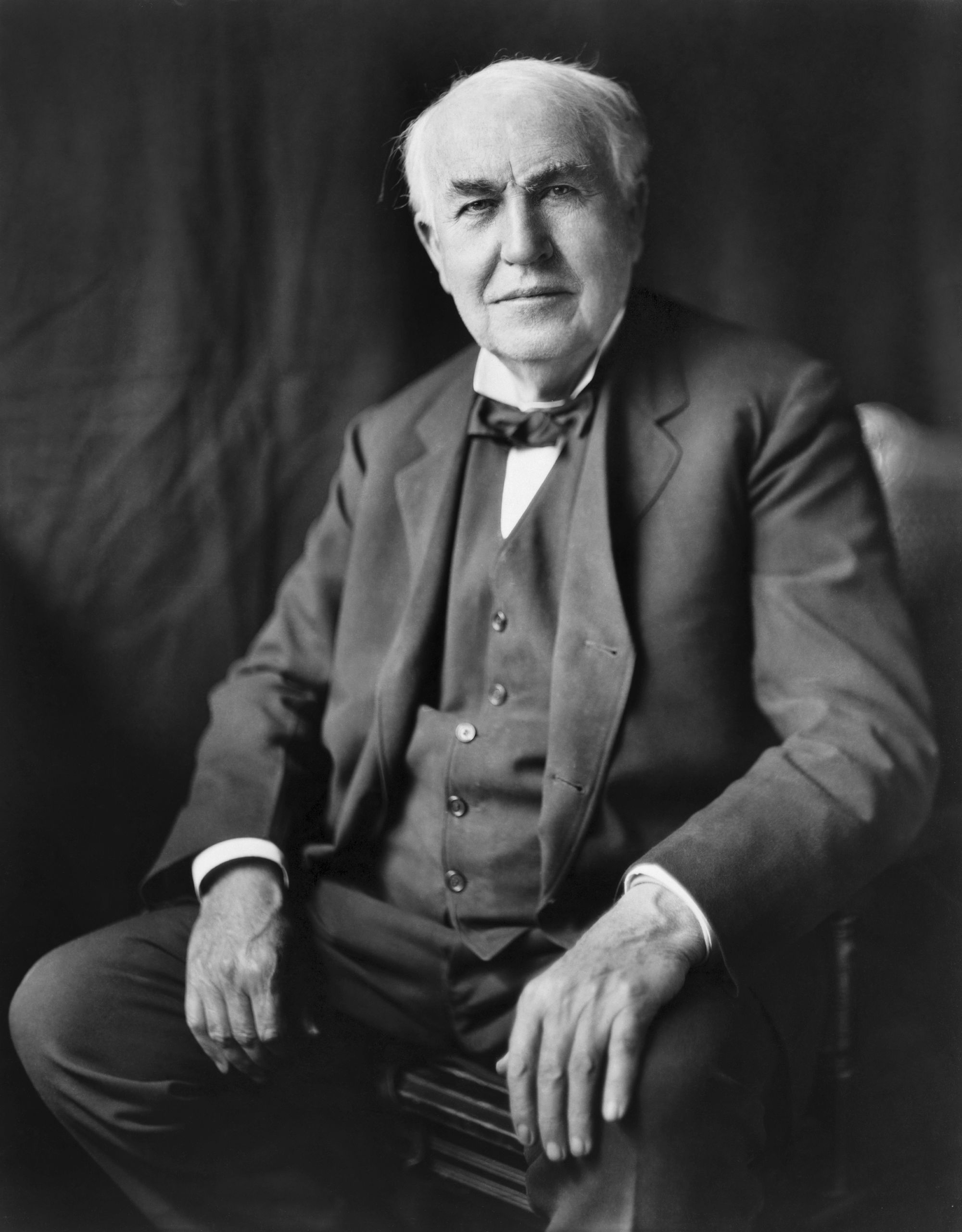Thomas Edison: The Man Who Brought Light to the World

Thomas Edison is one of history’s most famous inventors, credited with numerous groundbreaking innovations. However, his most significant and lasting contribution was the invention of the practical light bulb in 1879. His work revolutionized daily life, replacing candles and gas lamps with reliable, long-lasting electric light. Edison’s invention transformed industries, extended working hours, and paved the way for modern electrical systems.
The Challenge of Electric Light
Before Edison, several inventors had experimented with electric lighting. In 1802, Humphry Davy created the first incandescent light using a platinum filament, but it was too inefficient to be practical. Later, in the 1840s and 1850s, other inventors attempted to improve the design, but their bulbs either burned out quickly or required too much power.
Edison took on the challenge of creating a long-lasting, efficient, and commercially viable electric light.
Edison’s Breakthrough
In 1879, after testing thousands of materials, Edison and his team at Menlo Park developed a carbon filament bulb that could last up to 14 hours. He improved the design further, leading to a bulb that could glow for over 1,200 hours. The key to his success was:
- A High-Resistance Filament – Unlike previous designs, Edison used a thin carbon filament that required less electricity to glow and lasted longer.
- A Vacuum-Sealed Bulb – By removing oxygen inside the bulb, he prevented the filament from burning out too quickly.
- A Complete Electrical System – Edison didn’t just create a light bulb; he developed power stations, wiring, and switches, ensuring electric light could be distributed to homes and businesses.
Impact of Edison’s Light Bulb
1. Revolutionized Daily Life
Before electric lighting, people relied on oil lamps, candles, and gas lights, which were expensive and dangerous. The light bulb provided a safer, cheaper, and more reliable source of illumination, allowing people to work, read, and live comfortably after dark.
2. Transformed Industry and Economy
Factories could now operate 24/7, boosting production and economic growth. Cities became brighter and safer, leading to the rise of nightlife, businesses, and urban expansion.
3. Paved the Way for Electrical Infrastructure
Edison’s invention led to the development of power grids and electrical appliances, shaping the modern world. His work laid the foundation for today’s electrical systems, which power everything from homes to industries.
4. Inspired Future Innovations
Edison’s success with the light bulb encouraged advancements in electronics, home appliances, and automation. His research center at Menlo Park became a model for future industrial laboratories.
A Legacy That Shines Bright
Thomas Edison’s invention of the practical light bulb changed the world forever. His determination, innovative spirit, and ability to create an entire electrical system set the stage for the modern era. Today, every home, office, and street illuminated at night is a testament to his genius.
Edison’s light bulb was more than just an invention—it was the spark that ignited the age of electricity, proving that one idea, when pursued relentlessly, can illuminate the world.